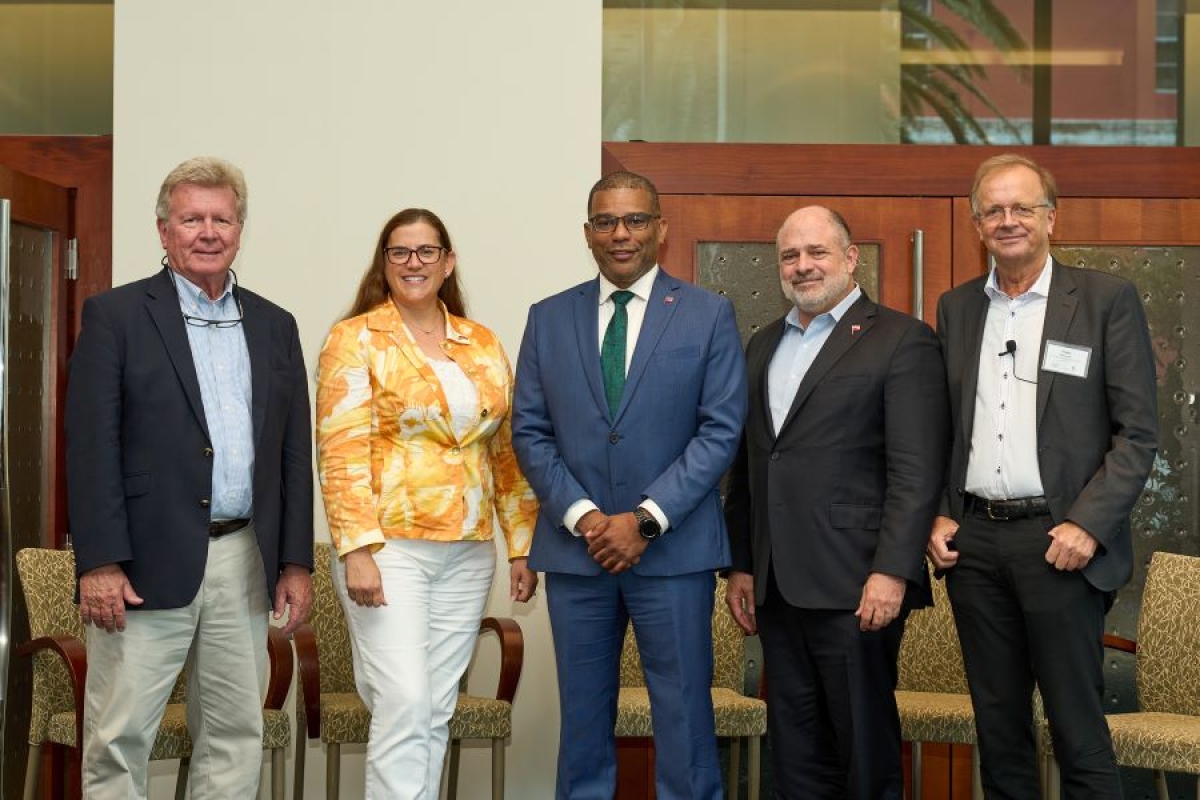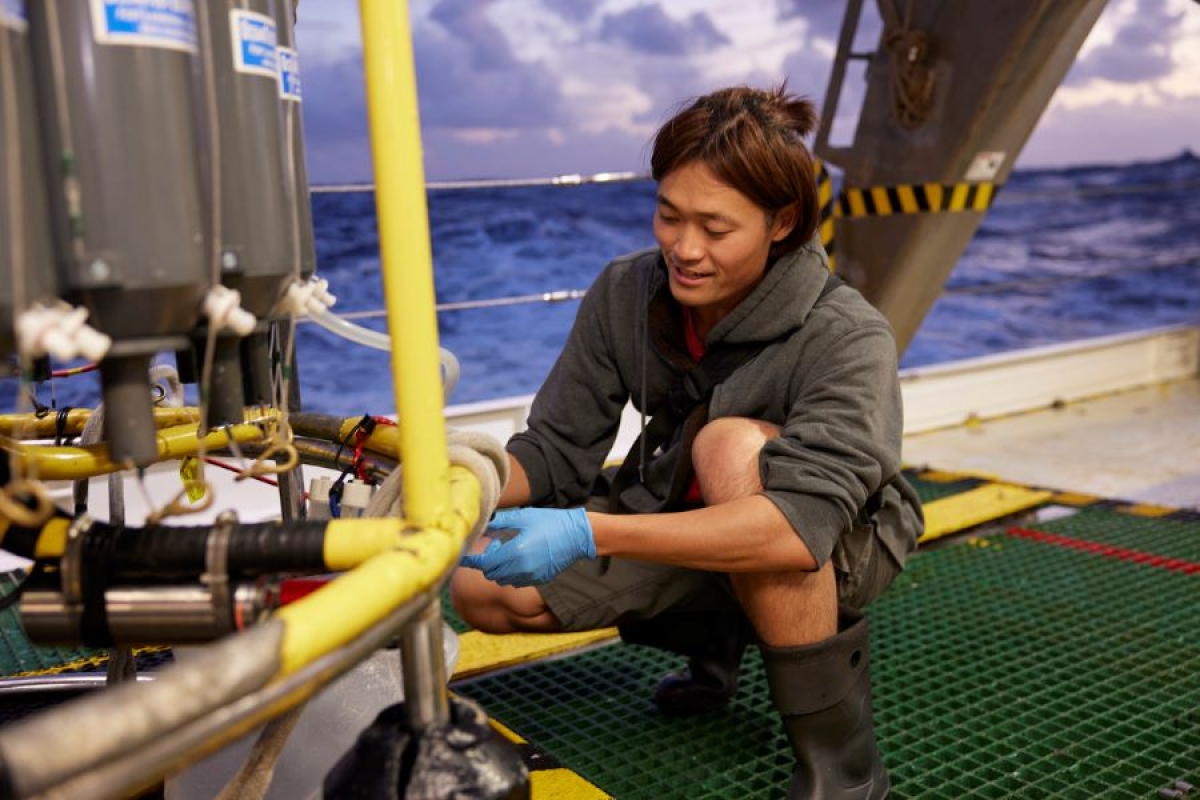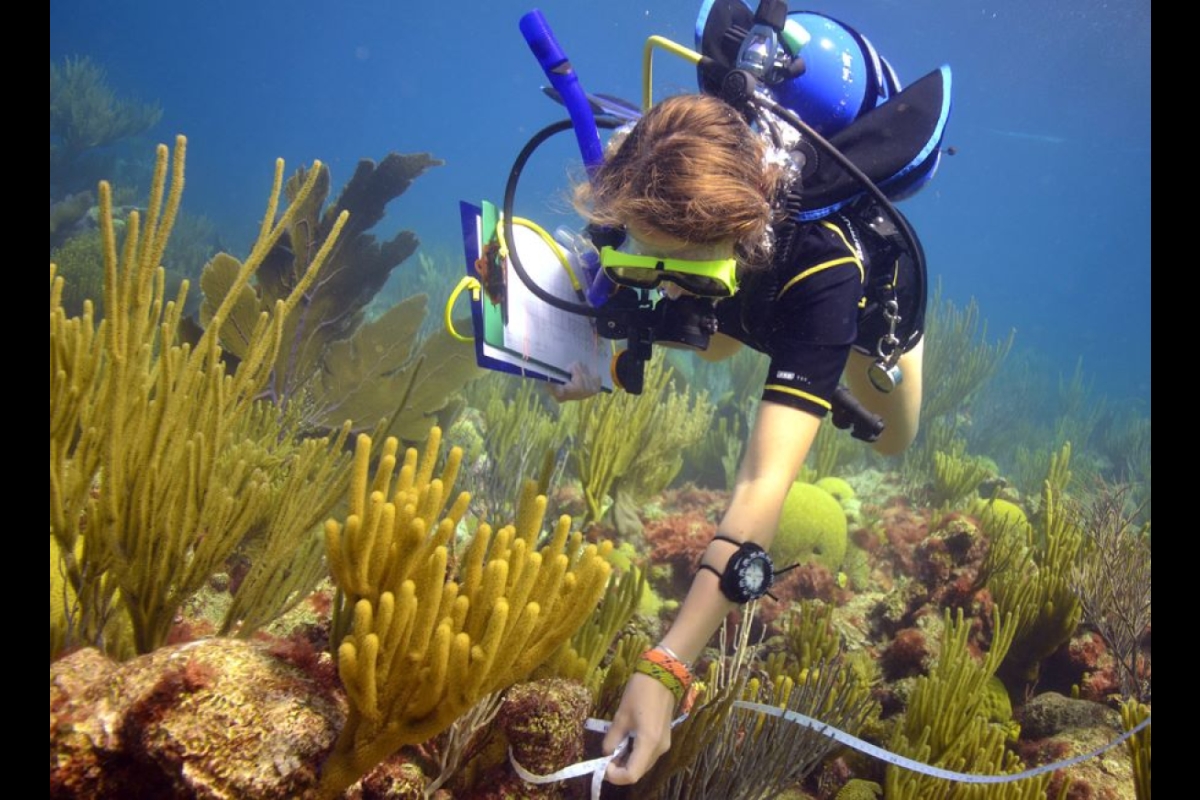ASU celebrates World Ocean Day by honoring BIOS’ 120 years of marine research
Plus, ASU BIOS announces new scholarship opportunities
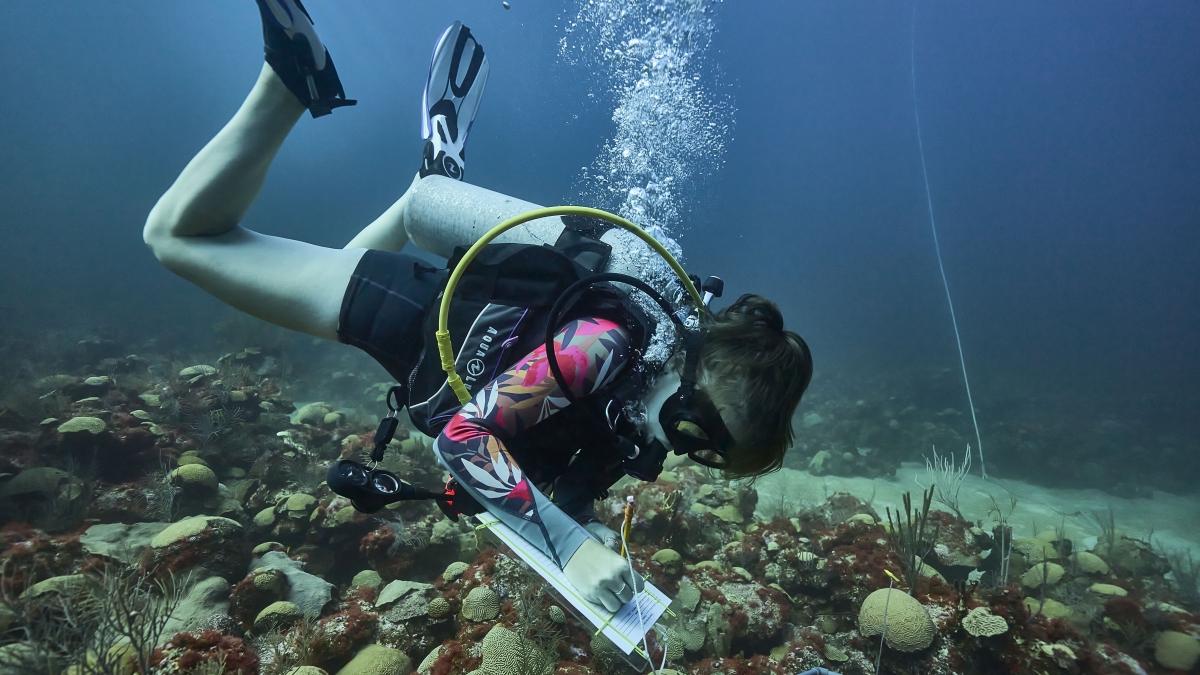
ASU BIOS celebrated the past 120 years of ocean research on June 7. Courtesy photo
The ASU Bermuda Institute of Ocean Sciences (ASU BIOS), one of the world’s longest-running research and educational institutions, held a symposium and community reception in Bermuda using World Ocean Day to celebrate its more than 120 years of marine research.
The event showcased innovations and discoveries in marine science that aim to improve planetary health, economic growth and the lives of people around the world. The symposium focused on future opportunities made possible through ASU BIOS, ocean observations and trends, autonomous systems and robotics, and ocean services. ASU BIOS is home to some of the longest-running sets of ocean observations available in the world, including the Bermuda Atlantic Time-series Study (BATS), and has contributed greatly to climate and ocean research.
World Ocean Day Open House at ASU Bermuda Institute of Ocean Sciences
10 a.m. – 4 p.m., Saturday, June 8
Free and open to the public.
Throughout the day, visitors are welcome to explore the ASU BIOS ocean science exhibits and demos, tour facilities and participate in engaging talks highlighting ASU BIOS programs. Find a schedule of events here.
William B. Curry, president and CEO of ASU BIOS, said the presence of the institute — including the offshore Hydrostation-S that has been in operation since 1954 — and the work that is conducted in Bermuda has shaped a large deal of understanding of the ocean’s systems and impacts.
“As our world continues to encounter increasingly stressed natural and environmental systems due to human activity, we as ocean and climate researchers stand at the forefront of understanding what our world’s largest biome is experiencing, how it is reacting and what we as humans can do to help it return to a place of optimal well-being,” Curry said.
Speakers at the symposium represented a blend of climate and ocean scientists with diverse research interests, with insights and conversations from experts such as Katja Matthes, Detlef Stammer, Douglas Wallace and Martin Visbeck. Other speakers included ASU scientists Victoria Keener, Amy Maas, Upmanu Lall and Susanne Neuer.
ASU BIOS also announced a new scholarship program that will award five full-tuition undergraduate scholarships annually for Bermudian students interested in studying in person in Arizona under any available ASU program. Eligible students will be selected based on both high performance in previous academic work and financial need.
Additionally, ASU has created a scholarship fund for all other Bermudian students that will provide tuition awards to reduce the cost of attendance in person to half of the standard international student tuition rate (the full rate is $34,398 for the 2023–24 academic year), or reduce the academic year tuition rate for full-time students in undergraduate online programs (24 credits) to $11,500.
“Today’s announcement is a further testament to the collaborative effort to support Bermuda’s students and the power of international relationships,” said David Burt, premier of Bermuda. “As a small island, Bermuda must continue to develop and expand international partnerships like the one with Arizona State University, which will provide new opportunities for Bermudians. I am grateful to the Arizona State University Board of Trustees for the extension of this significant commitment of scholarships and look forward to this government further developing the relationship between ASU and the Bermuda College for the benefit of all Bermudians today and for many years to come.”
The ASU Foundation is currently seeking philanthropic support to supplement the scholarship programs to help to cover other expenses for Bermuda students attending ASU. These costs include tuition not covered by the ASU scholarships, the costs of room, board and travel for those students attending programs in Arizona, and educational materials and academic fees for both immersion and online students.
Students may enroll as either first-year students with no earlier higher education experience or can enter as transfer students from community college or other higher education institutions. ASU will continue to work with Bermuda College on appropriate pathway programs.
The scholarship awards signify the start of a new era for ASU BIOS, which was originally established in 1903 to better understand our ocean and its impact on planetary outcomes. Bermuda offers unique proximity to the Atlantic Ocean and a diverse marine environment, including the ocean’s northernmost coral reefs.
In addition to the research conducted at ASU BIOS, the institute offers a range of educational opportunities. Students in elementary school and beyond can take part in hands-on programs aimed at inspiring future generations of scientists. College students, including those at ASU’s School of Ocean Futures, can participate in both online and in-person summer and fall semester courses at ASU BIOS.
The research institute merged with Arizona State University’s Julie Ann Wrigley Global Futures Laboratory in 2021 and remains an internationally recognized center for educational opportunities, ocean science, atmospheric research and environmental monitoring and mapping.
“If we are exploring possible futures for our world, we have to take a holistic approach to understand the interlinkages between all components of the Earth system,” said Peter Schlosser, vice president and vice provost of Global Futures at ASU. “As the oceans play a major role in this system, the partnership between the Global Futures Laboratory and BIOS is critical to our endeavor of shaping a future in which all life can thrive.”
Schlosser said the next 120 years and beyond are full of opportunities, but humanity must move quickly to actualize a more sustainable future.
“Our world has changed immensely since 1903,” said Schlosser. “We have learned a great deal about the role of the ocean in our rapidly changing Earth system, but much work remains to be done to create the knowledge that ensures that our oceans remain healthy and can continue to provide the services that sustain life on our planet.”
More Environment and sustainability
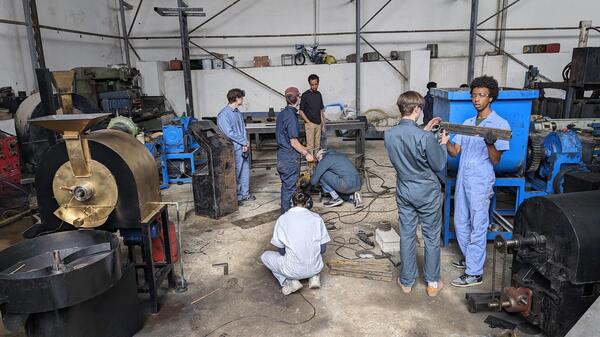
Student engineers travel to Ethiopia this summer to help protect local wildlife
The jagged peaks in Ethiopia’s Simien Mountains National Park are home to the rare gelada monkey. It is the only place in the entire world where the endangered animals — nicknamed the “bleeding-heart…

Global Futures Laboratory at ASU joins DOE initiative to empower women in clean energy
The U.S. Department of Energy-led Clean Energy Education and Empowerment Initiative has announced that Arizona State University now joins the initiative as a partnering university. The Julie Ann…
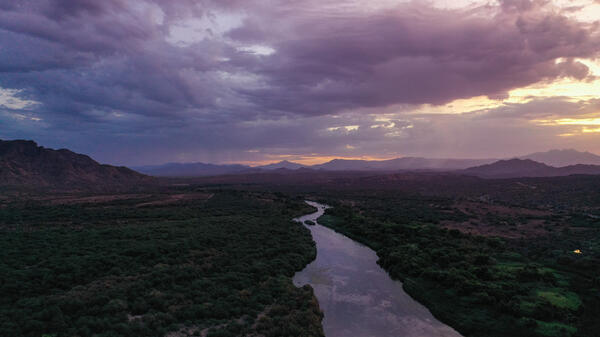
Computer modeling shows where Arizona's winter precipitation originates
The Sun Corridor in Arizona in the semi-arid Southwestern U.S. is a land of seemingly unlimited growth that is constantly colliding with physical constraints. It is mountainous but also home to a…
